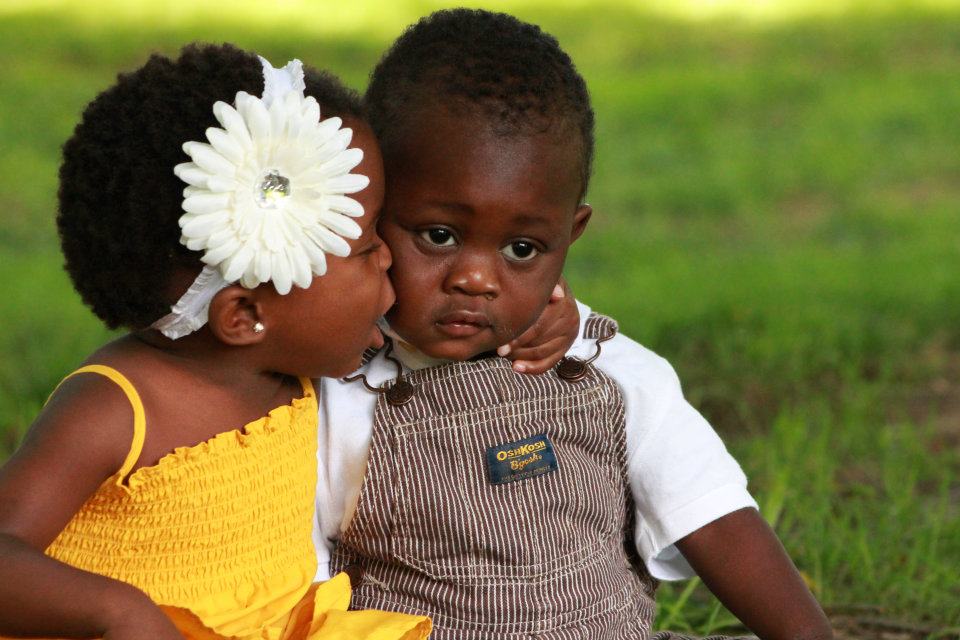20
Jun
June 20, 2012
in Congo, MLJ Adoptions
 It has been reported that someone working in DR Congo was arrested for kidnapping children for the purpose of adoption. This is a sad reminder of the corruption that can happen in the adoption world. I am dismayed that this happened in a country where there are so many children in need of forever homes. Quite frankly as the first agency to work in Congo this angers me, as the resulting implications can be far reaching and can have an impact on the future of adoptions in Congo.
It has been reported that someone working in DR Congo was arrested for kidnapping children for the purpose of adoption. This is a sad reminder of the corruption that can happen in the adoption world. I am dismayed that this happened in a country where there are so many children in need of forever homes. Quite frankly as the first agency to work in Congo this angers me, as the resulting implications can be far reaching and can have an impact on the future of adoptions in Congo.
One of the most frequently asked question is, “How does MLJ ensure that children are true orphans?” As a Hague approved agency it is our duty to ensure children that are adopted are true orphans and that all adoptions happen ethically and legally correct, both in the foreign country and here in the US. Our most important job is to fight against child trafficking. Honestly, in a country such as DRC, where there are millions of children in need, I find it shocking that this would even occur.
What does MLJ do to combat child trafficking and ensure that children are orphans? First and foremost, we place children only after they have been processed and their past investigated by the Social Service office in DR Congo. We do not deal directly with orphanages but rather with social workers who determine whether or not the child is adoptable. Attempts are made to locate biological family and if they are found and it is in the best interest of the child, the child is reunited with his or her family. Yes, this can lead to lost referrals. While this is a sad consequence for the family that was matched with this child, it speaks volumes with regards to our attempts to ensure this child has no one else to care for them. We have had instances after referral, where the biological family was located and the child was united with their family. While sad for the adoptive parents, the underlying tone is that MLJ does what is in the best interest of the child and all efforts are made to avoid unethical adoptions.
The US Embassy in Kinshasa also does their own investigation of the documents presented at visa time as well as researching if the child meets the definition of an orphan. During their investigation the embassy looks for fraudulent circumstances and documents. In the past they have uncovered fraudulent documents that were presented by another agency. The US embassy in Kinshasa does their job and does it well.
While it is difficult to do in a city with 12,000,000 residents such as Kinshasa, MLJ does verify and insist that all adoptions are done in an ethical manner and that all procedures are followed to locate family members. Additionally it is our duty to verify, that the children who are referred meet the definition of an orphan under the US federal visa code.
Not walking the path of conducting adoptions in an ethical manner can and will have an impact on the international adoption process in any country and can lead to adoptions shutting down leaving many children with no chance of finding a forever family. Ensuring the adoption process is ethical must be a priority for all agencies and ensures that the adoption process can continue in that country and that a child in need has the chance of being placed with a loving family. I am proud of the work we do in Congo, but more importantly, I am even more proud that we do this work while fighting child trafficking. I believe this should be the main goal of all agencies working in Congo.
For more information about Congo adoption, please click here.
